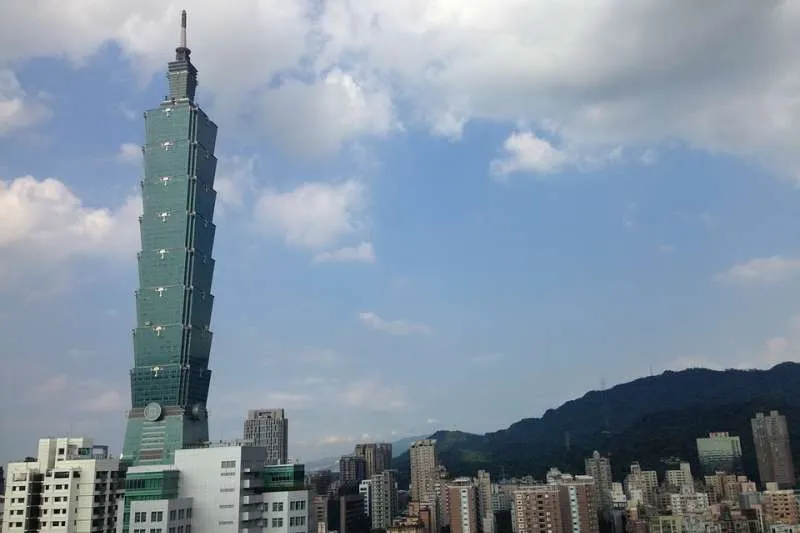「全球最宜居國家」台灣榮登第3,外籍人士最滿意這項服務
旅外人士交流網站InterNations以生活品質、定居難易度、國外就業、個人財務狀況等標準評比,...
|1 min read

<p>旅外人士交流網站InterNations以生活品質、定居難易度、國外就業、個人財務狀況等標準評比,公布的調查顯示台灣名列2022年旅居海外人士最宜居住國家第3名。</p> <p>總部位於德國慕尼黑的InterNations發布「旅外人士圈內人」(Expat Insider)年度調查報告,這次有1萬1970名外籍工作者參與調查,他們來自177個國家,現居181個國家。結果顯示,旅外人士對台灣可輕鬆負擔的醫療照護、安全感和金融穩定性感到滿意。</p> <p>高達98 %的受訪者滿意在台灣的個人安全,全球平均則是81 %,在健康與福祉方面也居冠。個人理財(第8名)和定居難易度(第6名)方面也有擠進前十,84 %受訪者認為台灣人民普遍友善(全球平均為66 %),而70 %受訪者對他們的財務狀況感到滿意(全球平均為60 %)。</p> <p>台灣在生活質量指數中排名第2.100 %外籍人士認為醫療保健價格實惠,遠高於全球平均61 %;98 %認為取得醫療服務普遍容易,全球平均則為73 %。</p> <p>高達98 %的受訪者滿意在台灣的個人安全,全球平均則是81 %;70 %的人對自己的財務狀況感到滿意,相較於全球平均60 %。</p> <p>被問及他們最喜歡台灣的什麼時,旅居台灣的匈牙利受訪者表示:「當然是食物和大自然。」其他人也表示同意,台灣的飲食多樣性和餐飲選擇評比為第10.94 %受訪者也喜歡台灣的自然環境(全球平均為83 %)。儘管如此,台灣在環境與氣候指數(第21名)中的表現最差,主因空氣品質(第41名)不甚理想。(相關報導:<a href="“https://www.storm.mg/article/155796“">「微小變化能帶來巨大改善」澳洲這座城市再度蟬聯「全球最宜居城市」</a>|更多文章)</p> <p>在這份排名中,墨西哥、印尼分別位居第1和第2名,香港、紐西蘭和科威特則敬陪末座。</p> <p>其他排名方面,葡萄牙名列第4,西班牙與阿拉伯聯合大公國分居第5和第6名、越南第7、泰國第8、澳洲第9、新加坡第10、美國第14、中國第33、韓國第40,日本則排名第47、香港第50。</p>

